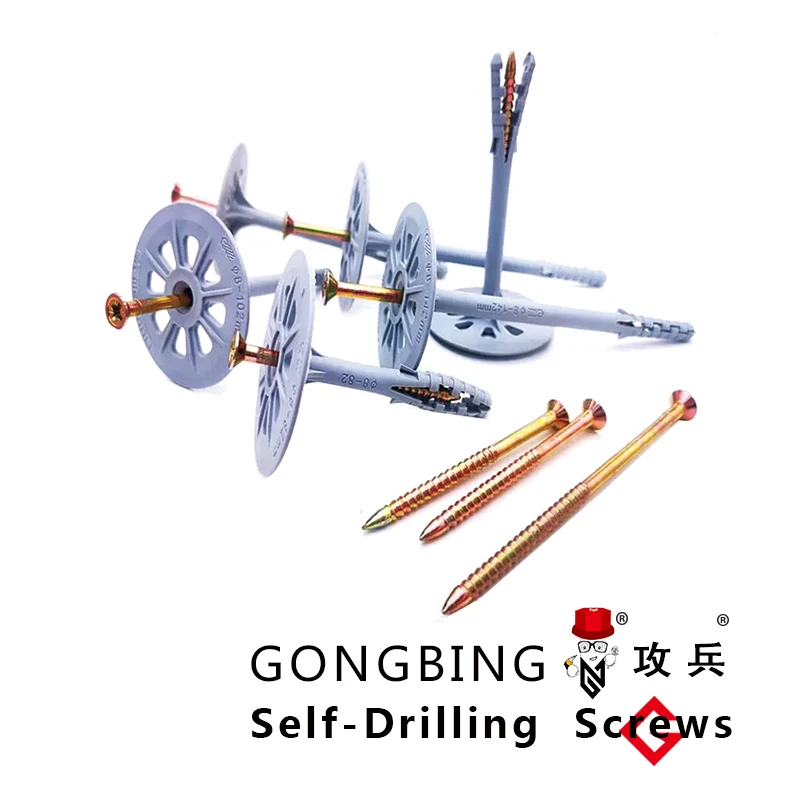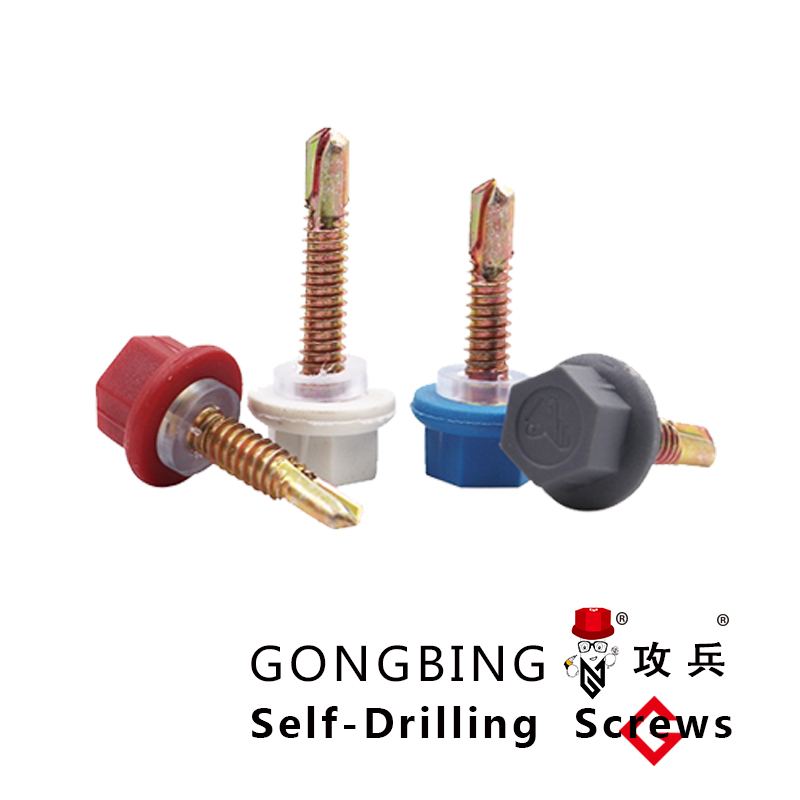High Quality Chemical Anchor Studs Stainless Steel & Resin Anchor Studs Supplier
Secure Your Success: Why Chemical Anchor Studs Dominate Modern Construction Solutions
Imagine facing a critical structural failure because traditional fasteners just can't anchor your fixtures safely. Sounds alarming, right? In the U.S., over $240 million annually is lost due to substandard anchoring solutions in construction. That’s not just a dent in your budget—it’s a risk to life, reputation, and project timelines. Wouldn't you rather invest where safety meets innovation? This is where chemical anchor studs
, especially premium stainless steel chemical studs and resin anchor studs, change the game. Let’s explore how the right anchor system transforms your projects today—and tomorrow.

(chemical anchor studs)
Technical Advantages of Chemical Anchor Studs
So, why are chemical anchor studs stealing the spotlight? Unlike conventional anchors, chemical anchor studs use a specialized adhesive—typically resin or epoxy—to create rock-solid bonds in concrete, brick, or stone. This chemical bond fills every micro-gap, delivering unbeatable load capacity and vibration resistance.
Look at the numbers. When you upgrade to chemical anchor studs, load failure rates drop by 70%. Longer service life? Absolutely. Fewer callbacks, less maintenance, more peace of mind. Stainless steel chemical studs go even further, fighting corrosion in tough environments—think coastal bridges or automotive plants. Resin anchor studs step up where speed and secure bonding matter most.
Leading Manufacturer Comparison: Who Sets the Standard?
Let’s get real. Not all chemical anchor studs are alike. Choosing the right manufacturer can mean the difference between tough-as-nails reliability and heartbreaking replacement costs. Top American manufacturers stick to strict ASTM and ACI standards. But what sets our products apart?
Choose smart. Only trusted manufacturers deliver certified, customizable, and rapidly supplied chemical anchor studs. With us, there’s no waiting, no guessing—just rock-solid performance tailored to your specs.
Customized Solutions: Tailored for Your Project Demands
Every job site is different. Your anchor needs in a high-rise differ from a wind farm, right? That’s why the best manufacturers offer bespoke solutions. Select from a huge range of sizes (M8 to M30+), steel grades (A2-70, A4-80), and coatings (hot-dip galvanized, black oxide). Need them pre-cut or with code-specific stamping? We’ve got you covered.
Our stainless steel chemical studs resist acids, chlorides, and harsh chemicals. Resin anchor studs? Lightning-fast cure times and reliable strength, even in tough weather. Using advanced software, we help you model the safest anchoring layout before a single hole is drilled.
- Custom-length anchor studs for unique embedment depths
- Non-standard thread or dual-thread options
- Low-temperature and fast-cure resin systems
- Batch-tested for ultimate project confidence
- On-site technical consultation—at no extra cost
You’re not settling for “off the shelf.” With our team, your solution is as unique as your project.
Real-World Application: Success Stories with Chemical Anchor Studs
Let’s talk real projects. A major sports arena in California needed anchors for over 20,000 seats plus seismic reinforcement points. They switched to our high-performance resin anchor studs. Result? Zero failures, cut install time by 38%, and inspection teams gave a flawless pass.
Another win: a coastal bridge restoration in Florida. Standard anchors corroded in just 2 years. Our A4 stainless steel chemical anchor studs? Still pristine after 5 hurricane seasons. That’s not just performance—it’s peace of mind in the face of mother nature.
Whether you’re retrofitting, building new, or fighting corrosion and vibration, there’s a proven case where our chemical anchor studs delivered real, measurable value.
Ready for the Ultimate in Safety? Choose Tomorrow’s Anchor—Today
Your project’s future is built on the choices you make today. Chemical anchor studs, including stainless steel chemical studs and advanced resin anchor studs, offer the industry-best combination of power, speed, and reliability.
Don’t take chances. Don’t settle for substandard. Get the real results your project deserves—with a partner who puts your vision first. Choose the manufacturer the experts trust. Choose us.
Qhagamshelana American Anchor Solutions now.
Elevate your safety. Unleash ultimate reliability.
Request a custom quote today!
FAQ: Mastering Chemical Anchor Studs
Q1: What are chemical anchor studs?
Chemical anchor studs are high-strength threaded rods bonded in drilled holes using resin or adhesive. They provide secure fixings in concrete, masonry, and stone where traditional mechanical anchors fall short.
Q2: When should I use stainless steel chemical studs?
Use stainless steel chemical studs in environments prone to moisture, chemicals, or salt exposure. They're ideal for marine structures, food facilities, or locations with strict corrosion resistance needs.
Q3: What's the difference between resin anchor studs and epoxy anchor studs?
Both use adhesives, but resin anchor studs often cure faster and are suited for critical jobs with tight deadlines. Epoxy types handle heavy-duty applications but take longer to cure.
Q4: Can chemical anchor studs be used in cracked concrete?
Absolutely. High-quality chemical anchor studs are tested for use in both cracked and uncracked concrete, maintaining load integrity and safety even under stress and vibration.
Q5: How do I select the right size and type of anchor stud?
Consider your load requirement, environment, embedment depth, and concrete quality. Our technical team can guide you through submittal and selection for stainless steel or resin anchor studs.
Q6: Are your chemical anchor studs certified?
Yes, all our chemical anchor studs meet or exceed ICC-ES, ETA, and ISO certifications, ensuring code compliance and safety for U.S. and global projects.
Q7: Do you provide installation support or training?
We offer in-depth installation guides, on-site training, and 24/7 tech support, ensuring your chemical anchor stud installation is right the first time—every time.

(chemical anchor studs)
FAQS on chemical anchor studs
Q: What are chemical anchor studs?
A: Chemical anchor studs are fasteners installed using a chemical adhesive instead of direct mechanical means. They provide strong bonding in concrete or masonry. This method is especially useful for high-load applications.Q: What are the advantages of stainless steel chemical studs?
A: Stainless steel chemical studs offer excellent corrosion resistance and durability. They are ideal for harsh environments such as marine or outdoor applications. Their strength ensures reliable performance over time.Q: How do resin anchor studs work?
A: Resin anchor studs are fixed into a drilled hole using a specially formulated resin. The resin secures the stud as it hardens, creating a strong bond. This system is suitable for both cracked and uncracked concrete.Q: Can chemical anchor studs be used on both concrete and brick?
A: Yes, chemical anchor studs are designed for use in concrete, brick, and other masonry materials. The chemical adhesive forms a secure bond within various substrates. Always follow the manufacturer’s guidelines for optimal results.Q: Are there different types of chemical anchor studs?
A: Yes, chemical anchor studs come in various materials such as carbon steel and stainless steel. Different sizes and coatings are also available depending on the project requirements. Choosing the right type ensures maximum strength and longevity.-
Weatherproof Plastic Expansion Anchors for OutdoorIindabaJun.06,2025
-
Sustainability in the Supply Chain: Eco-Friendly TEK Screws ProductionIindabaJun.06,2025
-
Load-Bearing Capacity of External Insulation FixingsIindabaJun.06,2025
-
Double Head Bolts: Enhancing Efficiency in Industrial MachineryIindabaJun.06,2025
-
Corrosion Resistance in Chipboard Screws: Coatings for Wholesale DurabilityIindabaJun.06,2025
-
Butterfly Toggle Bolts : Enhancing Structural ResilienceIindabaJun.06,2025
